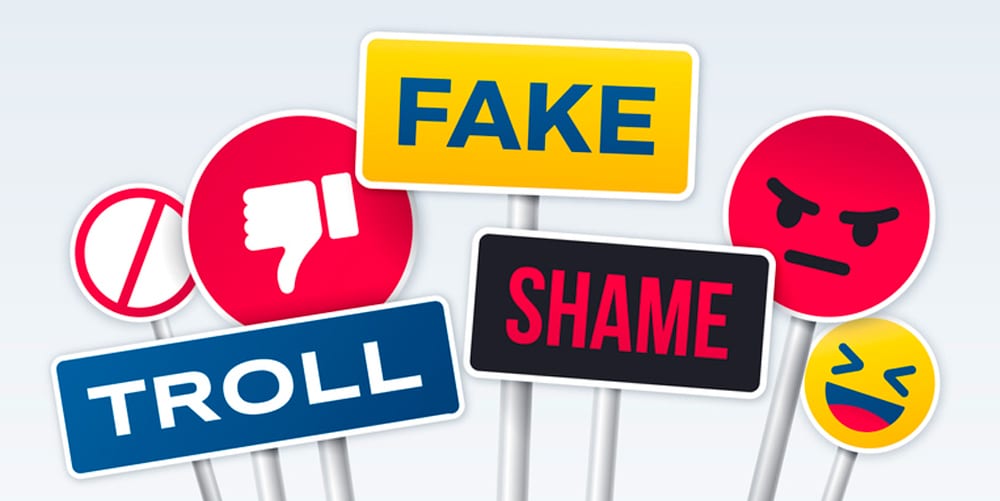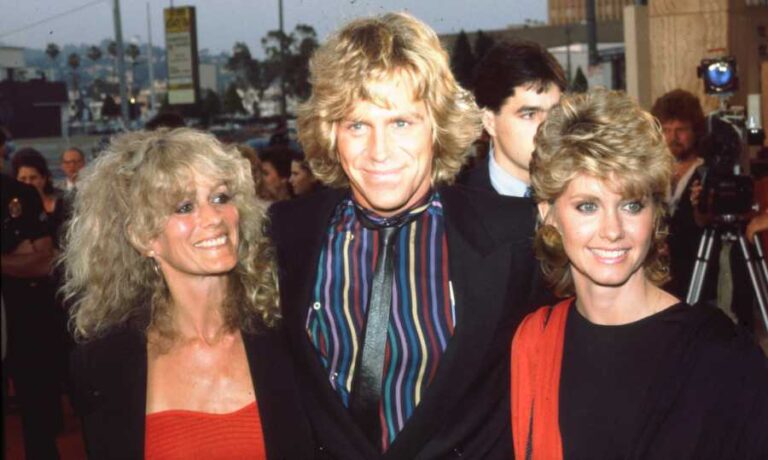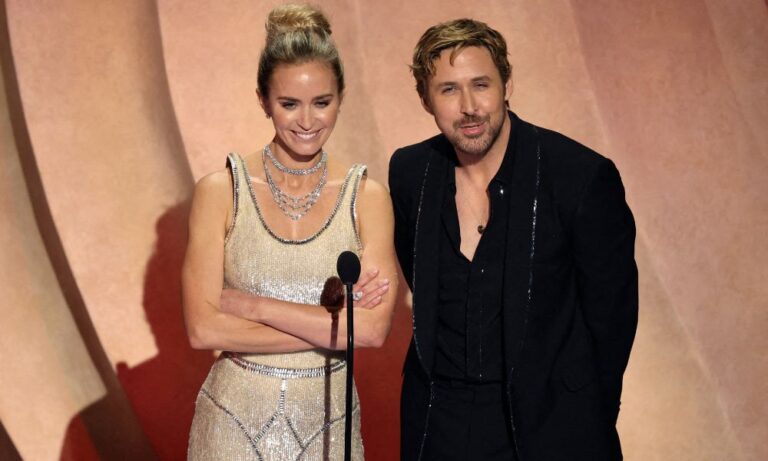Given that ethics flourishes as a shared conversation, one might imagine social media would lend itself well to ethical debate.
But even a cursory look at Twitter or Facebook reveals them to be as much spaces of blind, unreasoned vitriol as they are platforms for rational debate and considered conversation.
For every stunning #metoo or #blacklivesmatter movement there are countless trolls defaming, demolishing and demoralising other users.
So how does one best use social media to pursue that shared conversation?
Dr Jonathon Hutchinson is a lecturer in online media at the University of Sydney. He describes how social media has made us increasingly “platformised”.
“Once you have a platform,” he explains, “it is very hard not to want to use it.”
But that doesn’t mean that we should. “Most of us are still learning how to effectively use a discussion space that has no editorial process and a potential audience of billions,” says Dr Hutchinson.
“In fact, our use of social media is still very much in the first stages.”
“As soon as you stand for something, you are inviting criticism,” says Dr Beard, “and a space like Twitter gets very combative very quickly.”
Yes, social media can present powerful opportunities for calling out ethically reprehensible opinions, but it must be done with caution. “Shame can be an effective way to provide moral instruction,” says Dr Beard.
“But it needs to be used very carefully and in combination with forgiveness – something we tend to see less of on social media.”
Social media adviser Catriona Pollard suggests the following strategies for keeping debates from going off the deep end on social media:
- Think before you tweet or post – it’s a public forum of millions, not a conversation around the dinner table with a few mates.
- Remember, you’re in control of your experience. If you don’t want to see certain people or subject matter in your feed, then unfollow them.
- If you experience or witness aggressive or offensive behaviour, block and report the user.
- Would you say what you’re about to post to someone sitting in front of you? No? Then don’t post it.
- Quick access to online resources and the ability to send them is one of the great advantages of debating online. “I love being sent a smart, well-researched article that supports someone’s argument and helps me review mine,” says Pollard “but be respectful of someone’s wishes. If they’re not interested, don’t bombard them.”
- You don’t have to have an ethical debate with anyone online that you wouldn’t happily have in your living room!







